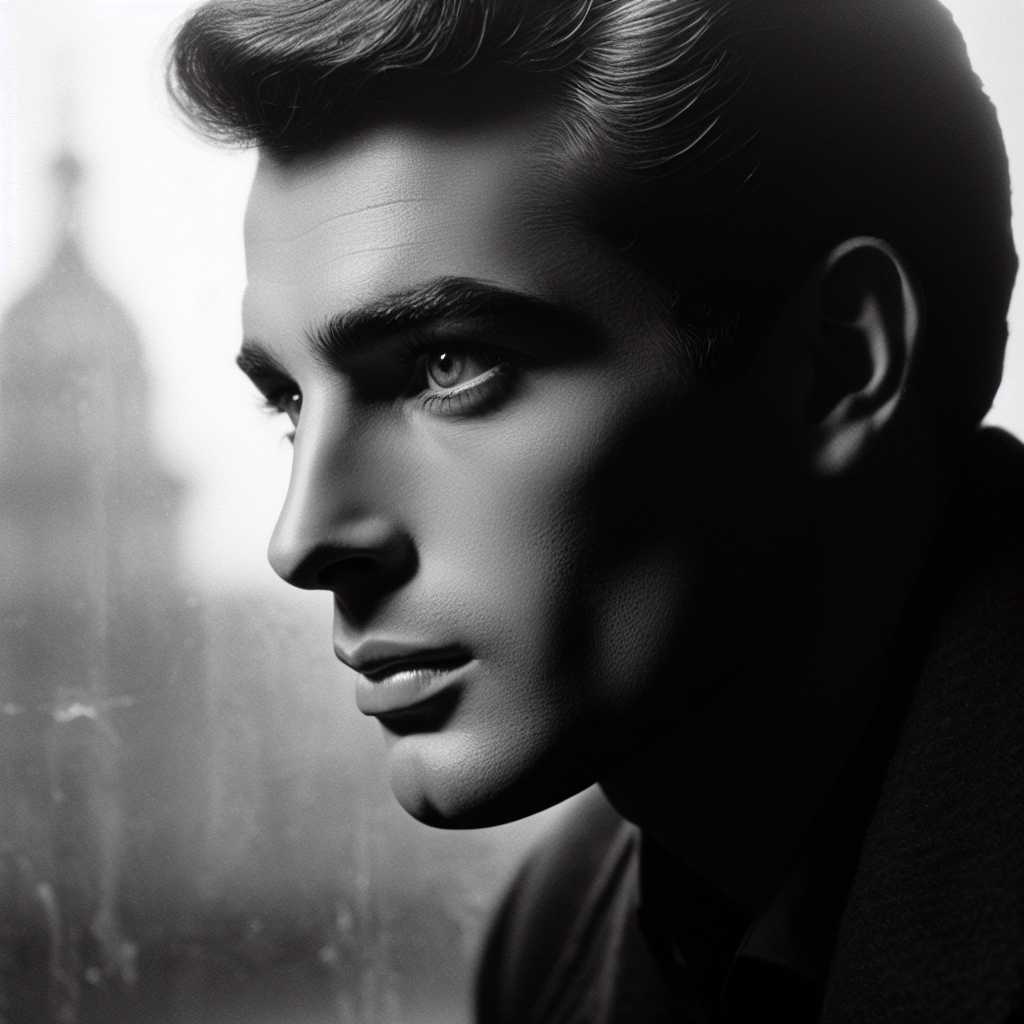The Enduring Legacy of Alain Delon: Icon of French Cinema
Alain Delon is a name that resonates with evocative allure, linked to the golden era of cinema, embodying an enigma of beauty and aloofness which defied traditional Hollywood norms. His career not only left an indelible mark on French cinema, but it also played a role in shaping international perceptions of the charismatic antihero. In this extensive examination, we will delve into Alain Delon’s life, film contributions, impact on culture, and personal controversies.
Early Life and Breakthrough in French Cinema
Born on November 8th, 1935, in Sceaux, Hauts-de-Seine, France, Alain Fabien Maurice Marcel Delon’s rise to stardom was as dramatic as the roles he would later portray. From his early challenging days marked by a reportedly troubled childhood and stints in the military, Delon’s striking features and persona soon caught the eye of directors.
Rising Star: The Collaboration with Renowned Directors
It wasn’t long before Delon became an international sensation. His early work with director René Clément in “Plein Soleil” (1960), an adaptation of Patricia Highsmith’s novel “The Talented Mr. Ripley,” showcased Delon’s talent for portraying complex and morally ambiguous characters — a thematic constant throughout his career.
Delon’s collaborations with acclaimed filmmakers like Luchino Visconti in “Rocco and His Brothers” (1960) and “The Leopard” (1963), and Jean-Pierre Melville in “Le Samouraï” (1967) and “Le Cercle Rouge” (1970), firmly established him as an icon of French cinema. His charismatic on-screen presence captivated audiences and showed his aptitude for roles which demanded emotional depth underneath a detached exterior.
Cultural Impact and Icon Status
Alain Delon’s influence went beyond the motion picture screen as his sophisticated demeanor made him a style icon touted for representing the chic, nonchalant Frenchman. The 1960s and 70s saw ‘Delon-mania,’ during which his fan base rapidly grew to reinforce his status as a male sex symbol. However, his appeal transcended mere superficial charm; Delon came to whom many associate with the existential brooding that characterized European cinema of the time.
Delon’s aura prompted comparisons to American counterparts like James Dean or Marlon Brando, yet his appeal remained distinctively European, representing an old-world charisma meshed with modern-day disaffection — preferable traits for directors aiming to depict compelling character studies.
Notable Works and Later Career
Throughout the 70s and 80s, while navigating commercial cinema, Delon also worked on more challenging roles that continued to shape his film legacy. The later part of his career involved significant shifts from merely being an actor to taking on roles as a producer and even exploring business ventures related to cinema.
Despite taking semi-retirement in acting during the 90s, he occasionally appeared in various film projects and remained a relevant figure in French culture. Alain Delon not only stood firm as a pillar of the French New Wave movement, but as time moved forward, he also contributed progressively to various social causes through charity work, reflecting a personal evolution from just movie star to impassioned advocate.
Controversies and Personal Struggles
Delon’s life was not without controversy. He faced personal struggles including high-profile relationships fallouts, with notable figures such as an intense romance with actress Romy Schneider, and complex family relations which made headlines consistently. Reflecting the fraught leading men he often portrayed, Alain Delon was subjected to legal troubles and faced criticism for certain political views.
Yet, despite the controversies or perhaps because of them – Delon’s place in public discourse remained stable; his life served as material almost as captivating as his filmography.
Notes
In conclusion, from striking good looks to impassioned performances that have etched themselves onto the fabric of cinematic history, Alain Delon’s career showcases the nuanced evolution of an artist who grew alongside the very films he helped make timeless. Future scholars analyzing the blueprint of magnetic antiheroes on screen will undoubtedly return time and again to the richness of Delon’s enduring performances.

